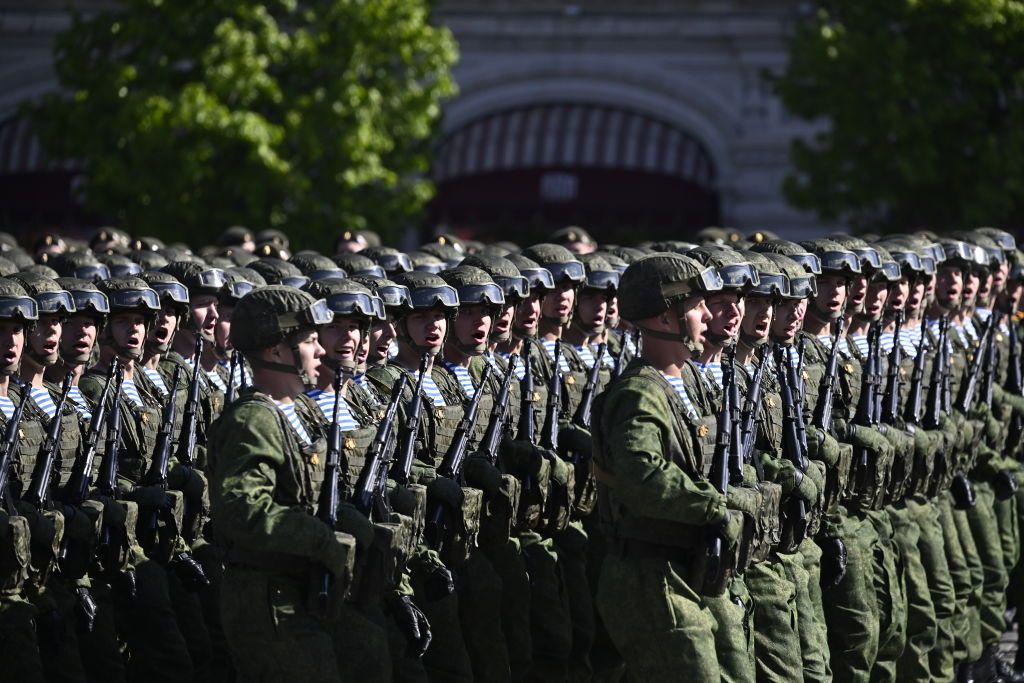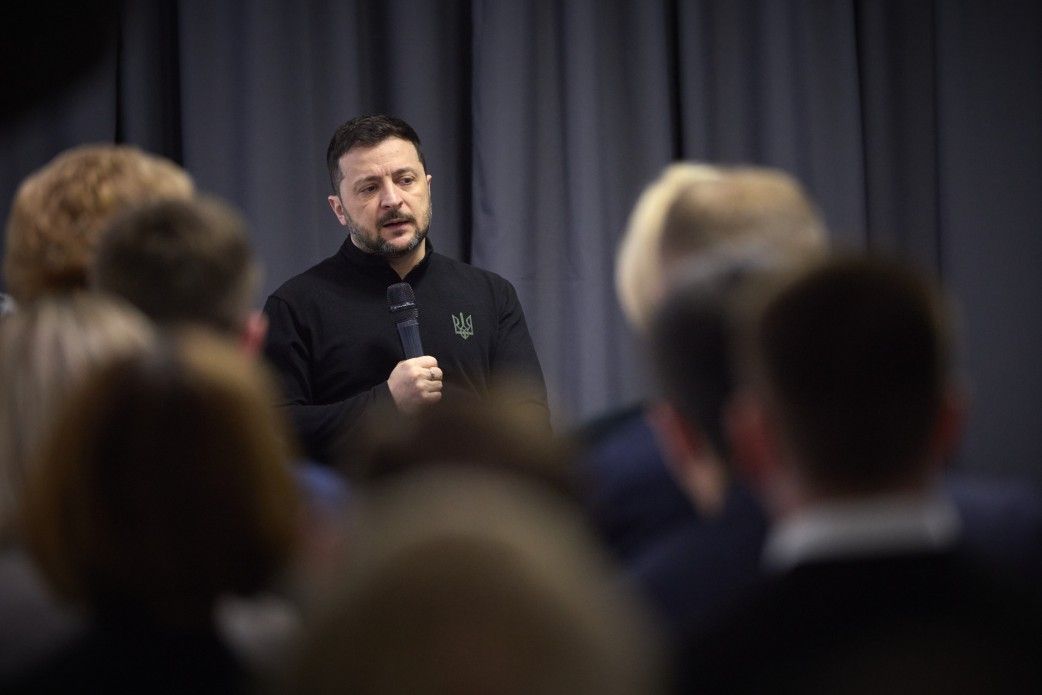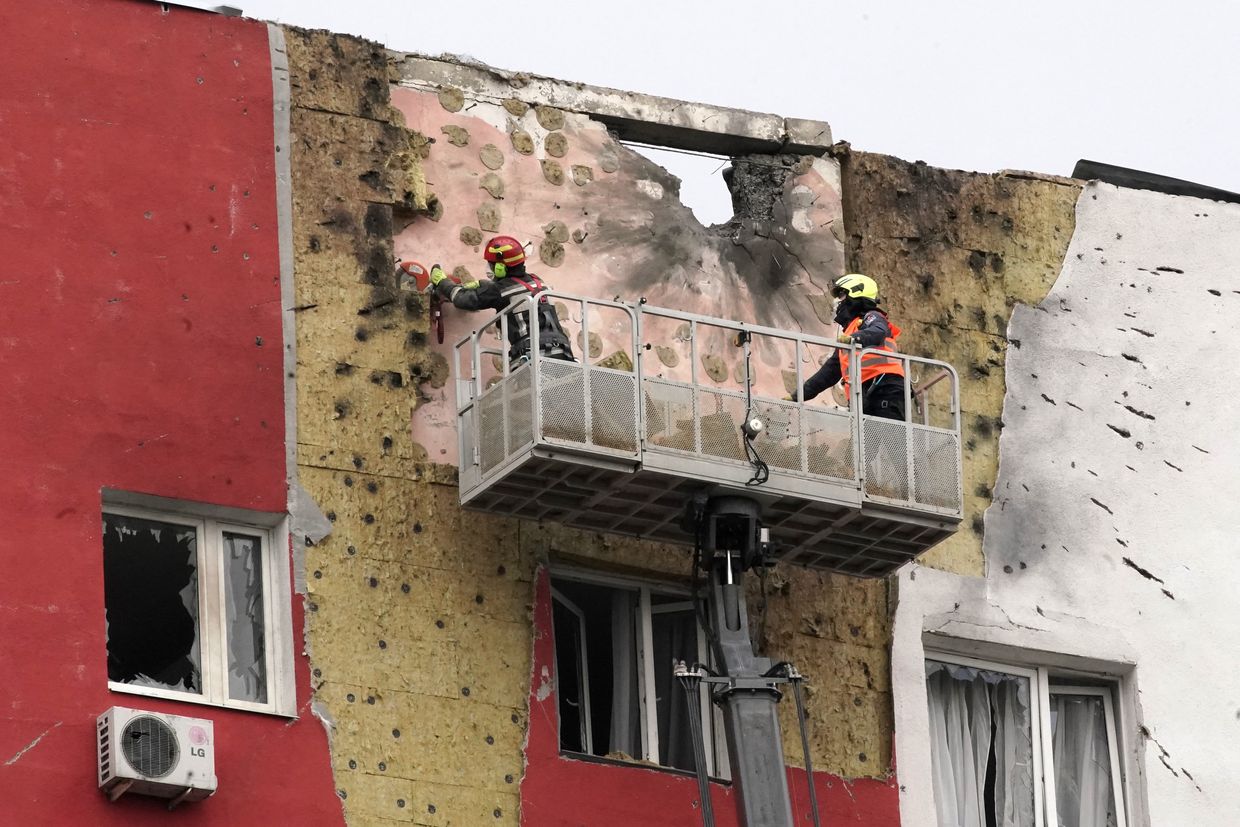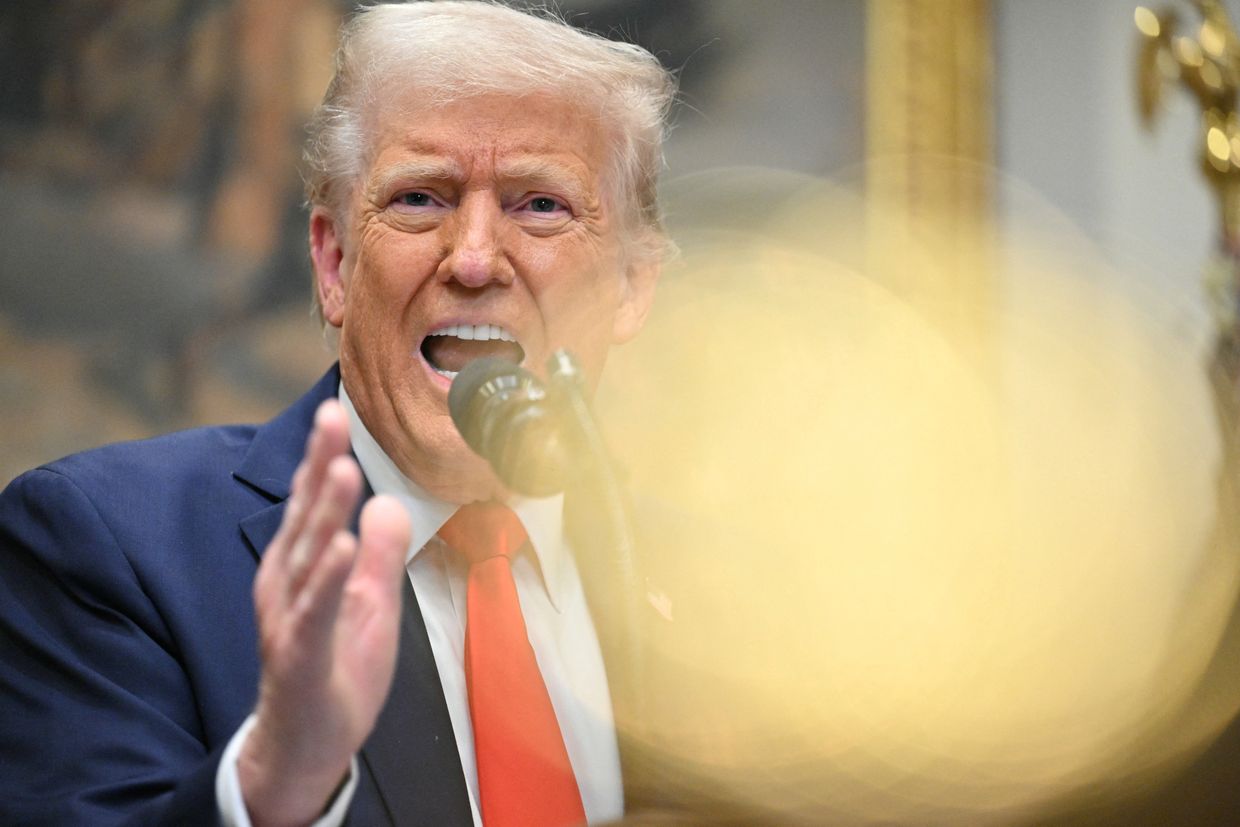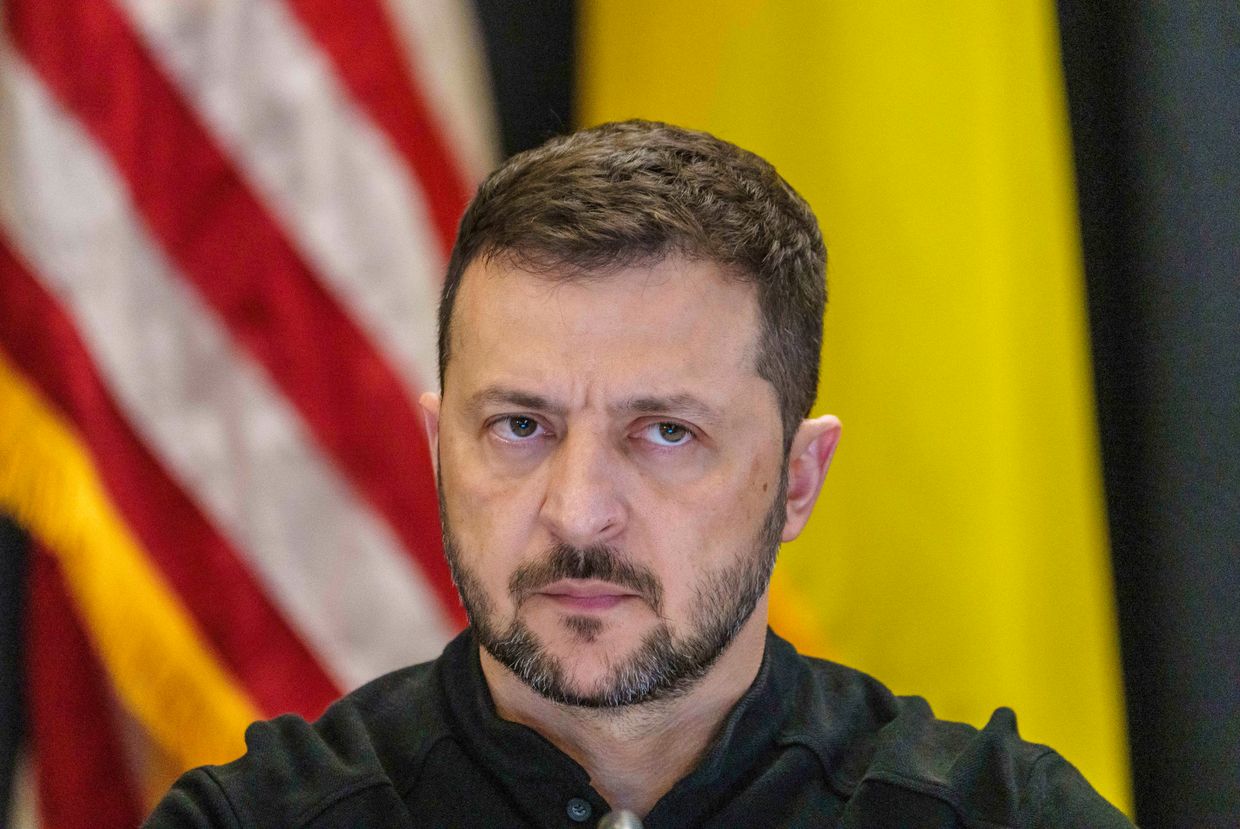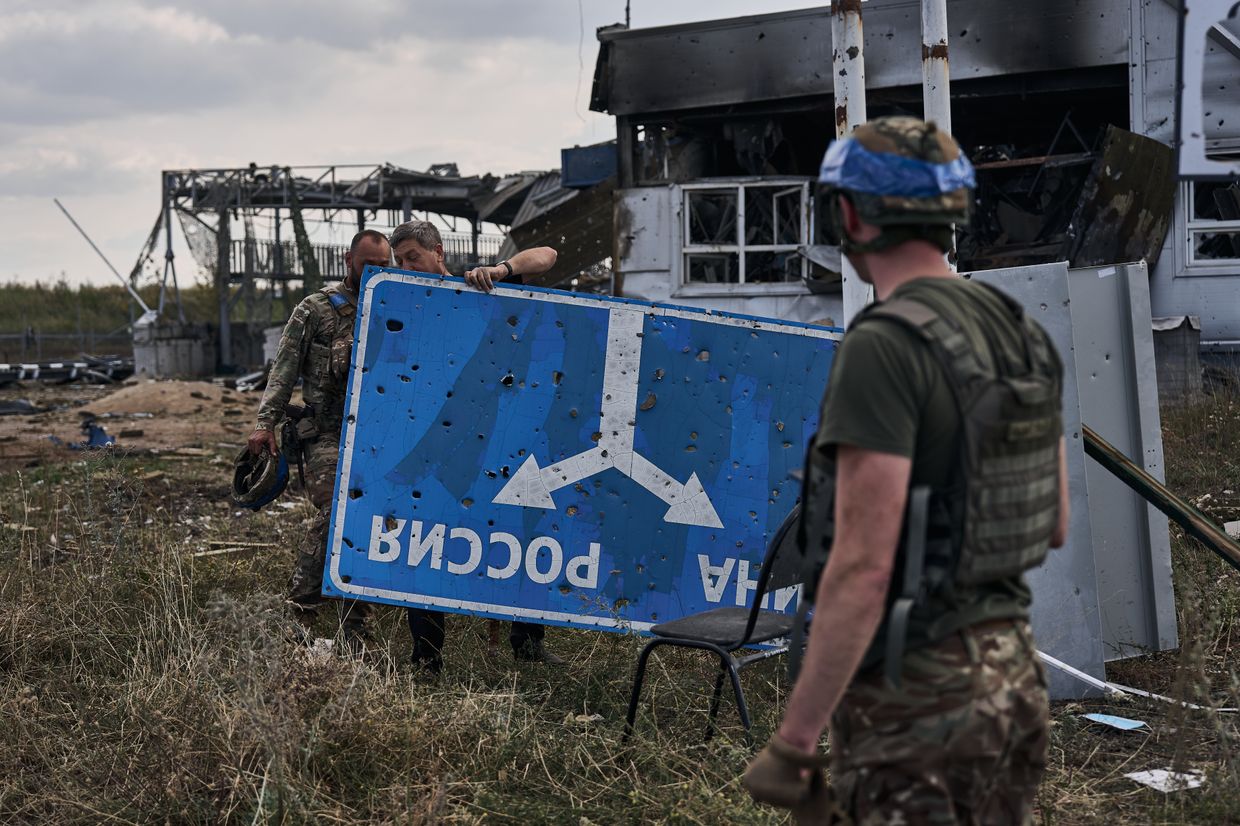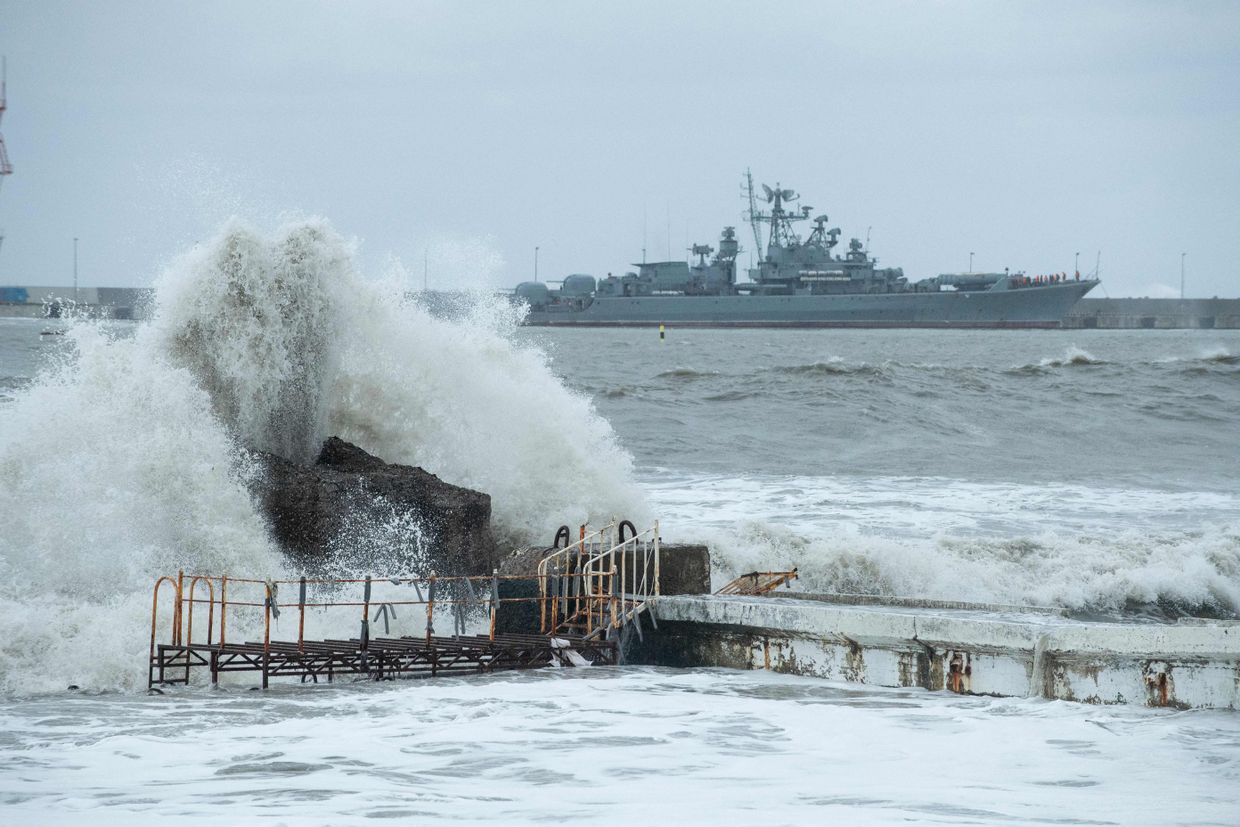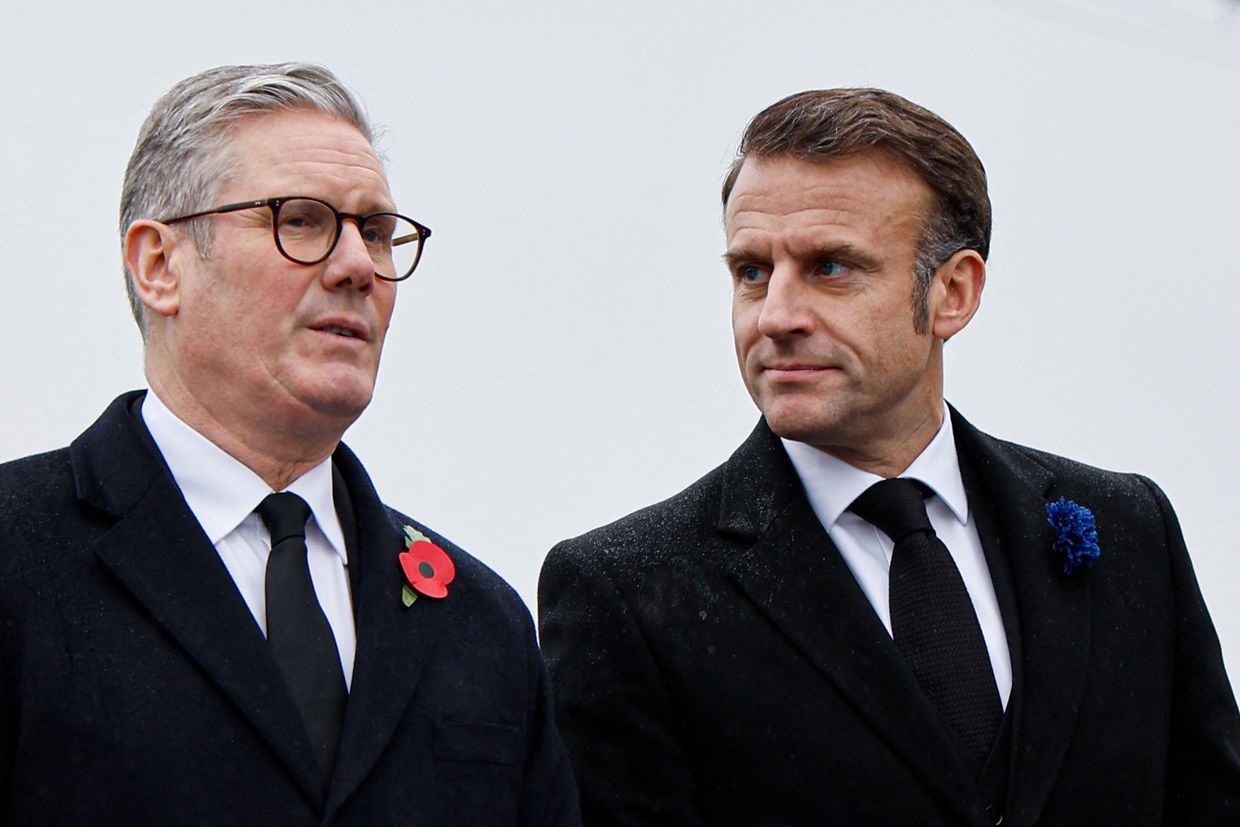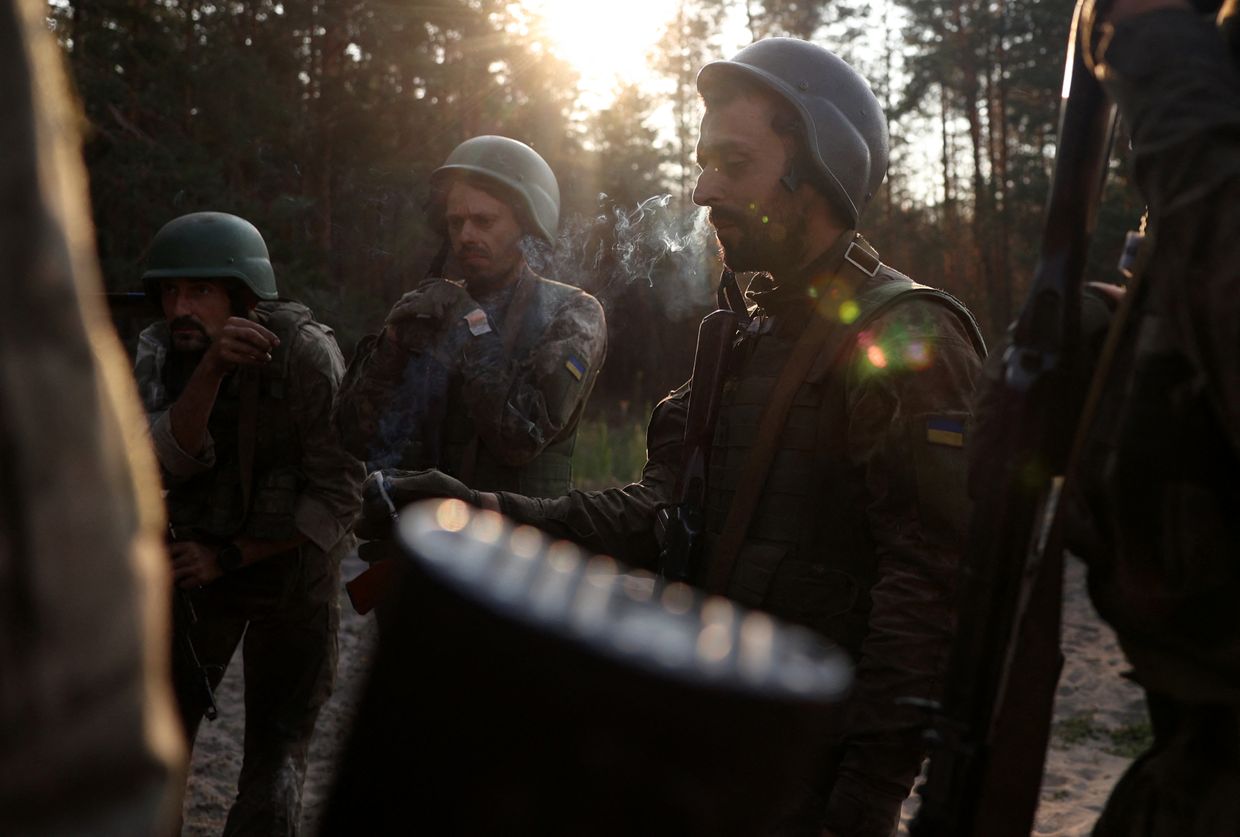A full ceasefire can end the hot phase of Russia's full-scale war against Ukraine "in the coming weeks" if Western countries put sufficient pressure on Moscow, President Volodymyr Zelensky said during a visit to Chernihiv on April 3.
Kyiv on March 11 said it was ready to begin a complete 30-day ceasefire, proposed by the U.S., as long as Russia accepted the same terms. Russia has so far refused, only agreeing to partial ceasefires in exchange for restored access to international markets.
Russia and the U.S. are continuing to hold private talks on the possibility of an unconditional ceasefire, Zelensky told a group of entrepreneurs during a working visit to Chernihiv.
"Then in Saudi Arabia, you know, we agreed to an unconditional ceasefire," he said.
"Russia has not agreed to it yet, we see that. Although we know that there are conversations between Americans and Russians on this topic. There are non-public conversations."
The U.S. and Europe need to work in concert to pressure Moscow into a full ceasefire as quickly as possible, Zelensky said.
"The issue now is putting pressure on the Russians to get there," he said.
"I think it is possible to do this as soon as possible in the coming weeks, maybe months, or maybe in different ways: sometimes it happens at the same time. Especially with this phase of the end of the war. A full ceasefire is the right step and one that Ukraine has agreed to and supports."
Earlier in the day, Russian negotiator Kirill Dmitriev confirmed that he had arrived in Washington to hold talks with U.S. officials on behalf of Russian President Vladimir Putin between April 2 and 3. Dmitriev reportedly met with Steve Witkoff, U.S. President Donald Trump's special envoy to the Middle East, at the White House on April 2.
The content of their discussions remains unclear.
Ukraine, Russia, and the U.S. have agreed to a partial ceasefire covering energy infrastructure attacks and use of force in the Black Sea. Shortly after the agreement, Zelensky accused Russia of violating the terms by attacking infrastructure in Kherson.
Moscow denied the accusation and has also accused Kyiv of striking the Sudzha gas metering station in Kursk Oblast — a claim that Kyiv dismissed as the Kremlin's attempt to justify breaking the ceasefire terms.
Ukraine has provided the U.S. with evidence of Russian violations of the energy ceasefire, Presidential Office Deputy Head Pavlo Palisa said on April 3.
